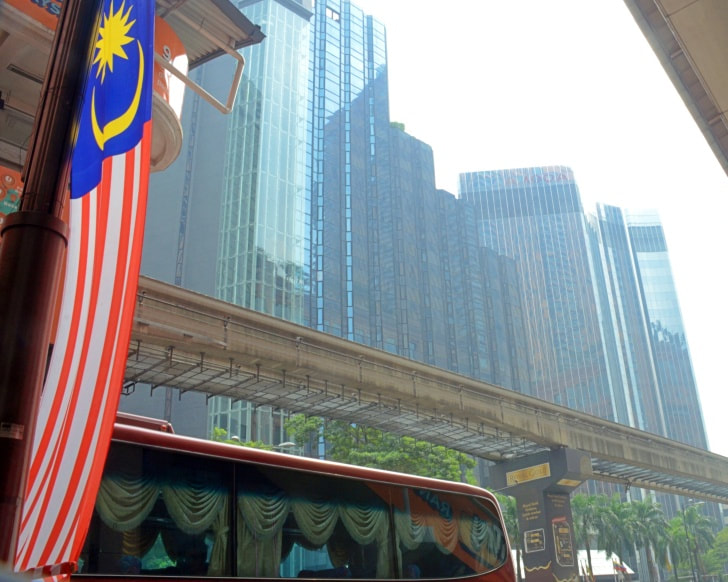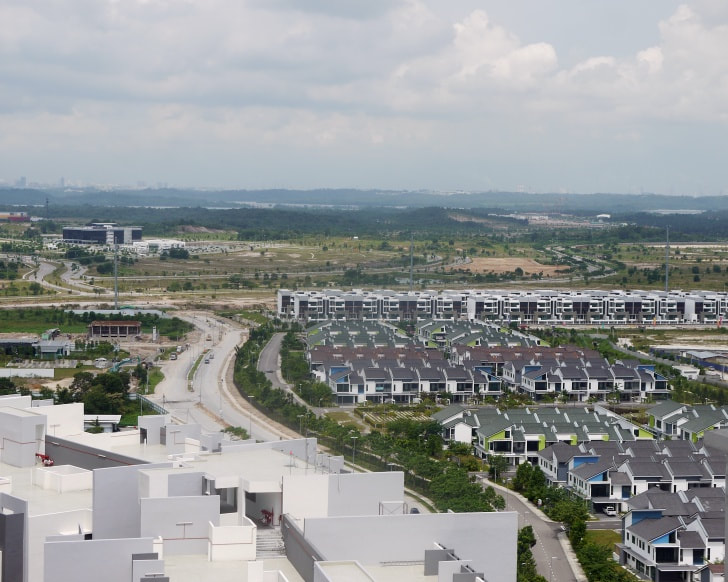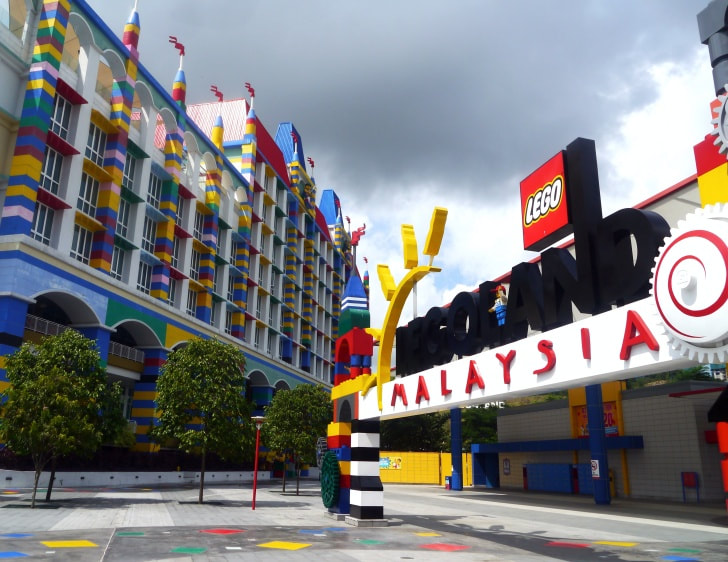|
A rethink in policy is needed if Malaysia wants to continue attracting foreign investors. By Khalil Adis I recall taking part in an international property expo in London in 2018 whereby the Malaysia My Second Home (MM2H) programme was heavily promoted to encourage British citizens to invest in Malaysia. The expo was held with a Malaysian consulting firm working together with the Tourism Ministry to attract foreign investors to buy a property and retire there. For many British citizens wanting to escape from the cold London weather, Malaysia appears to be the ideal tropical getaway. This is despite Malaysia being half a world away and not as well-known as Singapore. In fact, during my various encounters with locals in London, many are surprised to learn that there are many reputable schools in Malaysia such as Marlborough College Malaysia, University of Reading and Newcastle University of Medicine, just to name a few. Iskandar Malaysia, in particular, piqued their interest, as some had regularly attended the F1 Night Race in the Lion City. Close to Singapore but with a relatively affordable cost of living, many had expressed interest in buying a property in Iskandar Malaysia where they have the option of living in Johor while sending their children for quality education in either Singapore or Iskandar Puteri. Malaysia is seen as attractive due to strength of the British pound versus the ringgit, the affordable property price and one of the few places in the world where foreigners can own freehold property without any restrictions. Sweeping changes Fast forward, three years later, the political landscape in Malaysia has shifted rapidly with three different Prime Ministers within a short span of time. This has no doubt affected investor’s confidence as they try to make sense of what is going on. With a change of government, there has also been various tweaks in policies including for the MM2H. For example, previously, the minimum sum required for a fixed deposit was RM150,000 for those over 50 and RM300,000 for those under 50 years of age. However, this has been increased overnight to RM1 million under the sweeping changes that were announced in August 2021. That is almost a 600 per cent increase. Foreigners must also prove to have liquid assets of between RM500,000 and RM1.5 million, depending on their age, On top of that, they must have a monthly offshore income of at least RM40,000. These policy changes are indeed tone deaf as many livelihoods have been upended since the pandemic started in 2020. Those who have uprooted to Malaysia will have no choice but to leave the country if they cannot fulfil these new requirements. It also reaffirms what investor’s already know - Malaysia is known for its flip-flop policy changes. This may harm the country’s image, investors’ confidence and in turn, affect the property market. Johor is the worst state in supply overhang Even before the pandemic began, Johor was already facing a severe supply glut as Chinese developers began to flood the market notably in Danga Bay, Johor Bahru CBD and Forest City. Still, developers remained optimistic as they continue to bank on the Kuala Lumpur-Singapore High Speed Rail (KL-Singapore HSR) project. With the project now terminated, the overhang situation in Johor will likely worsen. According to data from the National Property Information Centre (NAPIC), as of the first quarter of 2021, Johor had the most number of unsold completed residential housing in the whole country at 6,001 units. This was followed by Selangor and Penang at 3,679 and 4,447 units. Most notably, homes ranging from RM500,000 to RM1 million made up the majority of the total overhang sector in Malaysia with 9,408 units (34.3 per cent) unsold worth a total of RM6.44 billion. The serviced apartment sector in Johor fared even worse with 16,537 unsold units majority of which are within the RM500,000 to RM1 million range. The revised policy changes for the MM2H appears to be the final nail in the coffin for the property market since many developers tie in this programme when marketing their projects overseas. Some developers and stakeholders say the sweeping changes do not make any sense and will likely kill the property market since foreigners are likely to buy unsold homes ranging from the RM500,000 to RM1 million range. Federal government needs to consult with stakeholders Clearly, a rethink in policy is needed if Malaysia wants to continue attracting foreign investors.
Figures from Iskandar Regional Development Authority (IRDA) showed that as of June 2021, Iskandar Malaysia saw the completion of investment projects worth RM7.33 billion between January to April 2021 with 20 per cent involving domestic investors and the other 80 per cent from foreign investors. According to Datuk Ismail Ibrahim, IRDA’s chief executive, the projects that were approved to be developed in the region in 2020 included those from China, Japan and Singapore. Overall, IRDA said Iskandar Malaysia’s total cumulative recorded investment reached RM341.4 billion since 2006 to date with 61 per cent of this has been realised. As we speak, the Sultan of Johor had expressed his displeasure on the flip-flop in policy and requested an immediate review. For this to be effective, the federal government needs to consult with the local authority, developers, MM2H agents, applicants and real estate agencies as they are closer to the ground. They also need to sit down with developers and stakeholders in Iskandar Puteri and Medini as they rely heavily on foreign purchasers and investors, especially those from Singapore. For now, the policy is doing more harm than good.
2 Comments
DC
9/9/2021 01:11:57 pm
Malaysia policy makers are real not clever, I understand now better why Malaysia ringgit is S$1 = 3 rm.
Reply
9/9/2021 01:21:54 pm
Unfortunately, the current policy makers did not really think thought the entire policy and how they may impact people on the ground. Let's hope the revised policy will make more sense.
Reply
Leave a Reply. |
Khalil AdisAn independent analysis from yours truly Archives
July 2023
Categories
All
|
100 Peck Seah Street
|
|




 RSS Feed
RSS Feed
